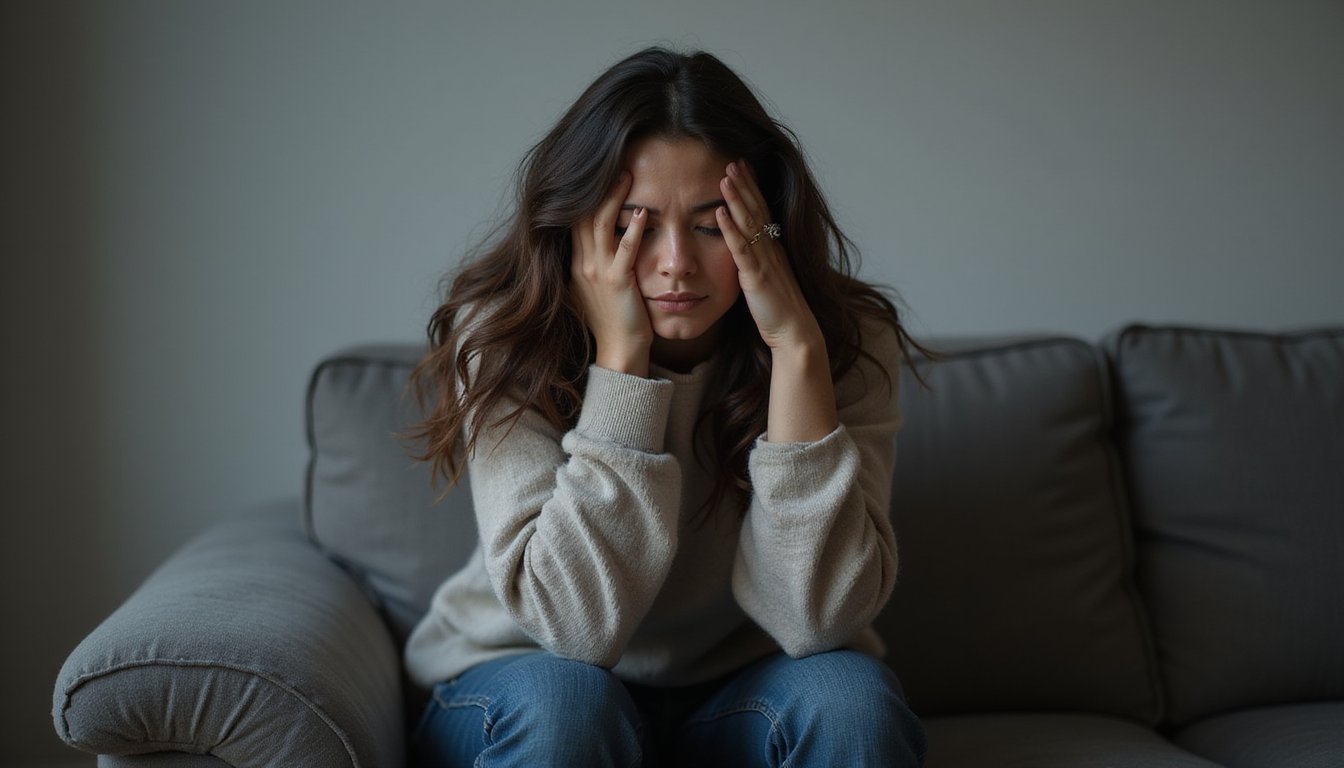Mental health is a crucial aspect of our overall well-being, and taking care of it should be a priority for everyone. However, not everyone is comfortable with taking medication to manage their mental health. There are several effective non-medication ways to improve your mental health and maintain a balanced state of mind. In this blog post, we will discuss some of these methods.
- Exercise regularly: Exercise has been shown to have a significant impact on mental health. Regular physical activity can help improve mood, reduce anxiety and depression, and increase self-esteem. Even just 30 minutes of moderate exercise, such as brisk walking, can have a positive effect.
- Eating a healthy diet: The food we eat can also play a role in our mental health. A diet rich in fruits, vegetables, whole grains, and lean protein can help provide the nutrients our bodies need to function optimally. Additionally, reducing sugar, caffeine, and alcohol can also have a positive effect on mental health.
- Getting enough sleep: Sleep is essential for good mental health. Lack of sleep can lead to feelings of irritability, anxiety, and depression. Aim for 7-9 hours of sleep each night and establish a consistent sleep schedule.
- Reducing stress: Chronic stress can take a toll on our mental health. Relaxation techniques, such as mindfulness meditation, yoga, and deep breathing exercises, can help reduce stress and promote a sense of calm.
- Talking to a trusted friend or counselor: Sometimes just talking to someone you trust can make a big difference in improving your mental health. Sharing your thoughts and feelings with a trusted friend or counselor can help you gain a new perspective and find solutions to problems.
- Challenging negative thoughts: Negative thinking patterns can have a profound impact on mental health. Try to challenge these thoughts with positive self-talk and focus on your strengths and accomplishments.
- Engaging in enjoyable activities: Doing things you enjoy can help boost mood and reduce stress. This could be anything from playing a musical instrument to going for a walk in nature. Find activities that bring you joy and make time for them regularly.
- Practicing gratitude: Focusing on the things you are thankful for can help shift your attention away from negative thoughts and promote a more positive outlook. Try keeping a gratitude journal and writing down three things you are grateful for each day.
- Seeking social support: Having a strong support system can make a big difference in our mental health. Seek out friends and family members who are supportive and understanding. Joining a support group can also provide a sense of community and help you connect with others who have similar experiences.
- Seeking professional therapy or counseling: If your mental health concerns persist, seeking professional help may be necessary. A mental health professional can help you develop coping skills and provide support and guidance.
In conclusion, there are many effective ways to improve your mental health without medication. Regular exercise, a healthy diet, and getting enough sleep are just a few examples. By incorporating these habits into your daily routine, you can help improve your mental well-being and maintain a balanced state of mind. Remember that it’s okay to seek help if needed, and never be afraid to reach out for support. Your mental health is important, and taking care of it is a step towards a happier, healthier life.






